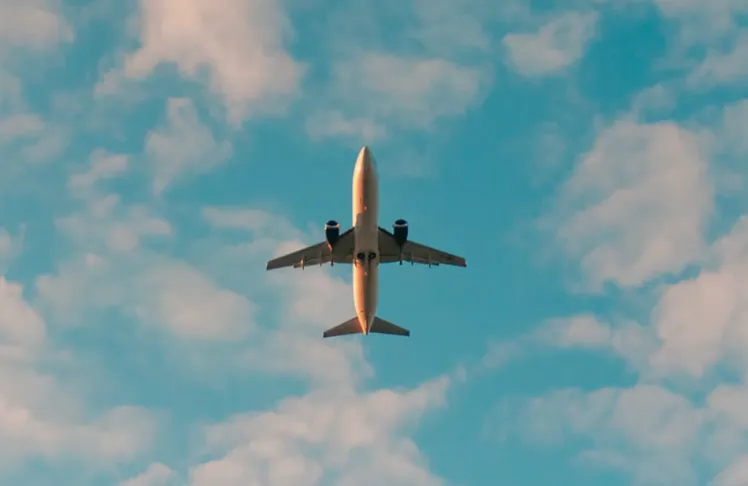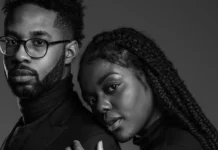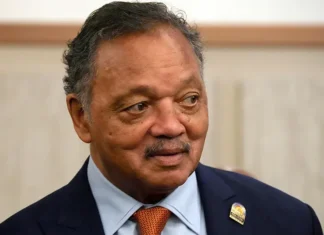
This post was originally published on Defender Network
By Laura Onyeneho
The Trump administration issued a sweeping demand to 36 countries.
Other nations are being told to improve how they screen and document travelers or risk being added to the United States travel ban list. The State Department gave embassies and consulates a 60-day deadline to show cooperation and progress, and instructed embassies to begin gauging each country’s response.
Of the 36 nations identified, 25 are African. Advocates of civil rights and immigration experts say the policy builds on a pattern of racial and religious discrimination that has defined much of the Trump administration’s immigration agenda.
“Let’s call this what it is: Targeted discrimination,” said Dr. Sharon Ekomo, an immigration attorney and board member of the Houston-based African Diaspora Defense League. “The administration is painting an entire continent as a national security threat. That’s not policy, that’s prejudice.”
The countries on the list include longtime U.S. partners like Nigeria, Egypt, Liberia and Ethiopia. Others, like the Democratic Republic of Congo and Syria, had been left off prior travel bans but are now being threatened with new restrictions.
The Trump administration says the directive is about national security and reducing visa overstays. Trump has criticized certain countries for inadequate screening and vetting processes or their history of refusing to return their citizens.
“Black people have always moved across this earth. Migration is not new for us. It’s our history and our human right. Yet we are criminalized when we move,” said Nana Gyamfi, Executive Director of the Black Alliance for Just Immigration (BAJI), the largest Black-led immigrant rights organization in the United States. “Our freedom to travel should not be tied only to labor or exploitation. It should be honored and protected as part of our global humanity.”
Gyamfi says the national debate on immigrant rights is a significant challenge to racial equity and human rights and it’s an issue all Black people should pay attention to.
“You don’t get a break from Blackness, so you don’t get a break from the fight,” she said. “We must defend what we build and envision a future beyond what we see now. Our movement is part of our liberation. The travel ban is a threat to Black liberation everywhere.”
The new threat follows a proclamation signed recently that imposed bans or restrictions on visas from 19 countries, including several African and Caribbean nations.
Countries such as Ghana, Cameroon, Senegal and Zimbabwe must now scramble to respond to U.S. demands. However, the criteria for what qualifies as “improvement” remain vague.
The directive also pressures countries to accept the return of nationals living in the U.S. without legal status. In many cases, those individuals fled violence, political instability or persecution and would face serious risks if repatriated.
Houston resident Samuel (last name is being withheld at his request due to the sensitive nature of the topic), said told the Defender that the effects of immigration policy ripple through Black communities regardless of immigration status.
“Unfortunately, our skin color differentiates us,” he said. “People look at you and think you’re Jamaican, Haitian, Nigerian or from somewhere else. It doesn’t matter if you have papers or not. The stigma is already there because you’re Black.”
Samuel said the way immigration laws are enforced can be harmful and unjust.
“I understand if you’re going after violent criminals. But most people are just looking for a better life, a second chance. Separating families is not the way to do it,” he said. “Black folks absolutely should care, because this hurts us as much as it hurts anyone else.”
Human rights groups have warned that expanding the travel ban could disrupt families, block students and skilled workers and harm diplomatic relations. While the administration claims this is about security, the lack of transparency and the disproportionately African makeup of the list have drawn heavy criticism.
The State Department has not clarified whether nations actively working to meet the new standards, but who fall short within the 60-day window, will still face bans. Immigrant communities are left in limbo, fearing what comes next.















